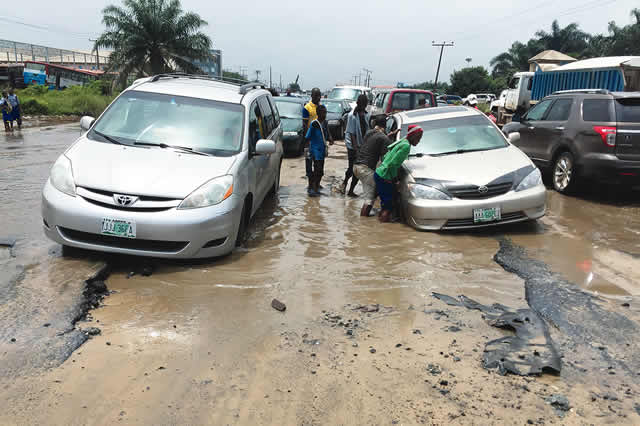HEALTH

WHO FLAGS NIGERIA’S RISING ROAD ACCIDENT FATALITIES
The World Health Organization’s Global Status Report on Road Safety 2023 has revealed that Nigeria records one of the highest rates of road crash-related deaths in Africa, with 21.4 deaths per 100,000 people.
Speaking at a press briefing in Abuja, Justice Monica Dongban Mensem, Founder of Kwapda’as Road Safety Demand (KRSD), described the statistics as alarming and urged urgent intervention. She also announced plans to host the first International Road Crash Victims Africa Conference (IRCVAC) in November, aimed at amplifying the voices of road traffic crash victims and their families.
“This figure is not just a number; it reflects the countless families who lose loved ones every year. Nigeria’s death rate is far above both the global and African averages,” Mensem said.
The Corps Marshal of the Federal Road Safety Corps (FRSC), Shehu Mohammed, pledged renewed efforts to curb road accidents, noting that the FRSC and KRSD are collaborating to establish trauma centres nationwide.
Despite such initiatives, Nigerians remain worried as road crashes continue to rise annually. The WHO’s findings have reignited debates about the root causes of these accidents. While some attribute them to reckless driving and poor vehicle maintenance, others blame the government’s failure to build and maintain safe roads. Many, however, believe the crisis is the result of a combination of human, vehicular, and infrastructural factors.
Veteran luxury driver, Mr. Pius Akwashiki, who has over 20 years of experience across Nigeria and West Africa, identified three key contributors: road conditions, vehicle conditions, and human factors.
Road conditions
According to Akwashiki, dilapidated highways are a major cause of accidents. He cited the Lagos–Benin–Ore Road, which he said has been a “death trap” for over 15 years, responsible for more than 40 percent of annual accidents. He lamented the widespread presence of deep potholes, abandoned vehicles, and makeshift police checkpoints using wooden objects and tyres, all of which lead to frequent fatal crashes. The absence of road signage, he added, further endangers unfamiliar road users.
Vehicle conditions
Akwashiki observed that most Nigerian vehicles are poorly maintained, often serviced with counterfeit parts by unskilled mechanics. Improvisation in repairs, reliance on fake spare parts, and lack of access to proper service manuals all contribute to accidents. He stressed that parts failures and substandard workmanship are common causes of crashes.
Human factors
He also emphasized human responsibility, noting failures on the part of drivers, government agencies, and corporate organizations. He criticized the ease of obtaining driver’s licences in Nigeria, which often fall into the hands of unqualified individuals. According to him, many drivers disregard road signs, overspeed, overload vehicles, or drive under the influence of alcohol or fatigue.
He further condemned practices such as “Pay as You Go” by transport companies, where drivers are paid per trip, encouraging them to work beyond safe limits. The use of second-hand tyres, popularly called tokunbo, was also highlighted as a dangerous trend, with many exceeding their safe lifespan.
Akwashiki blamed the FRSC and transport companies for failing to track reckless drivers, explaining that accident-prone drivers are often dismissed by one employer only to be rehired by another, perpetuating the cycle of carnage. He urged the FRSC to maintain a database of repeat offenders and publish their names to prevent re-employment.
Solutions
For lasting change, Akwashiki recommended stronger enforcement of safety laws, proper issuance of driver’s licences, modern equipment for detecting drunk drivers, and stricter inspections of vehicles by the Vehicle Inspection Office (VIO). He stressed that the government must rehabilitate highways, eliminate potholes, and ensure unworthy vehicles are removed from the roads.
He concluded that establishing a national driver database and making the records of repeat offenders public could significantly reduce the alarming rate of road accidents in Nigeria.
"This represents a significant development in our ongoing coverage of current events."— Editorial Board









